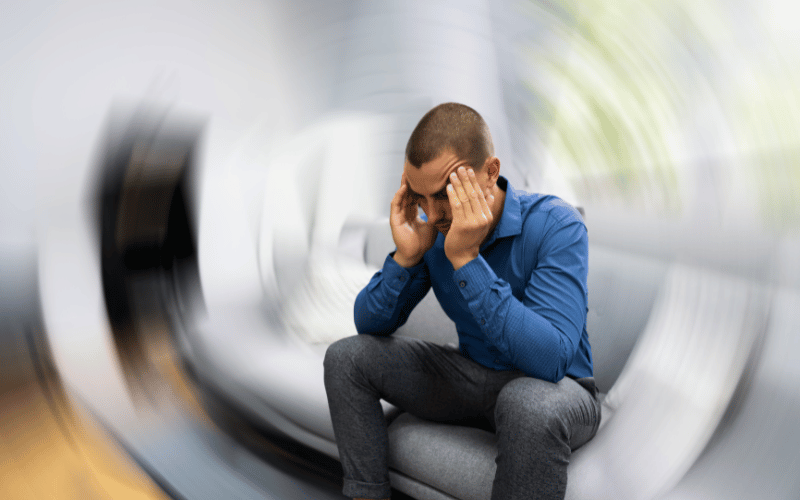3. Dizziness and Balance Problems: Subtle Signs of a Mild Head Injury

Dizziness is another prominent signpost on the road to identifying a concussion. Frequently, individuals who have experienced a concussion report a sensation of unsteadiness, similar to the sensation one might feel after getting off a merry-go-round. This feeling of instability can persist for several hours, or even days, after the incident that caused the concussion.
This dizziness might be experienced as a vague, hard-to-describe feeling of being ‘off,’ or as a more intense feeling of the room spinning. It’s crucial to recognize that dizziness can be a deceptive symptom, often attributed to less serious conditions, like low blood sugar or dehydration. However, when coupled with a recent history of head injury, it demands immediate attention.
Alongside dizziness, individuals with a concussion might experience problems with balance. These balance issues can present as stumbling, difficulty walking in a straight line, or inability to perform coordinated movements. Again, it’s essential to understand that while balance problems can stem from various other causes, such as inner ear problems or certain medications, they should be taken seriously following a head injury.
Seeking medical advice for symptoms like dizziness and balance problems is crucial. If these symptoms are indeed due to a concussion, early detection and management can significantly improve recovery and minimize long-term effects. Health professionals can provide specific strategies and exercises to regain balance and cope with dizziness, ensuring that the individual returns to their daily activities safely and effectively. (3)